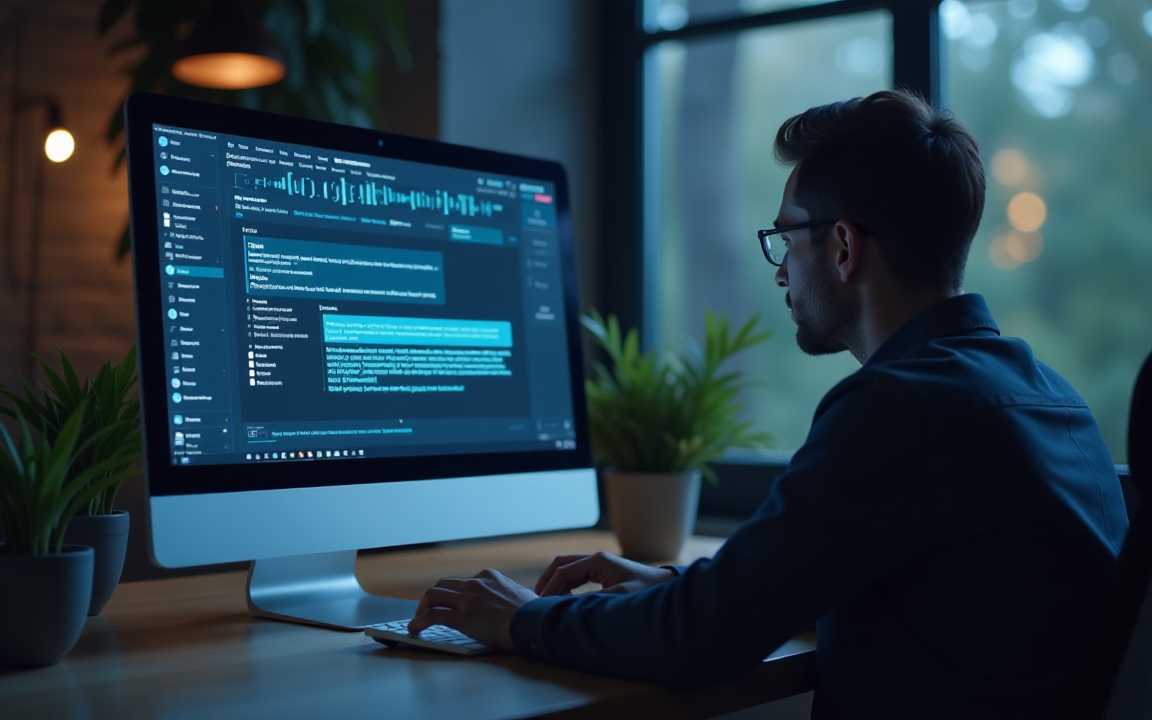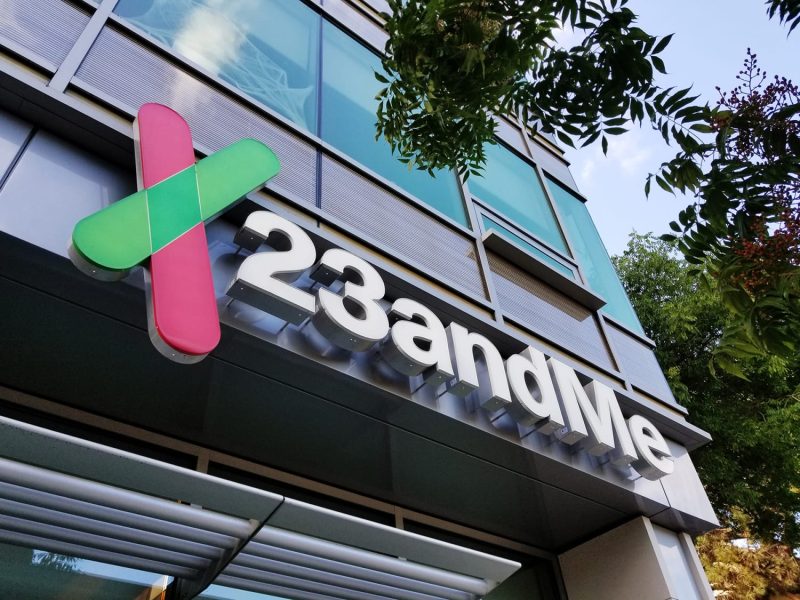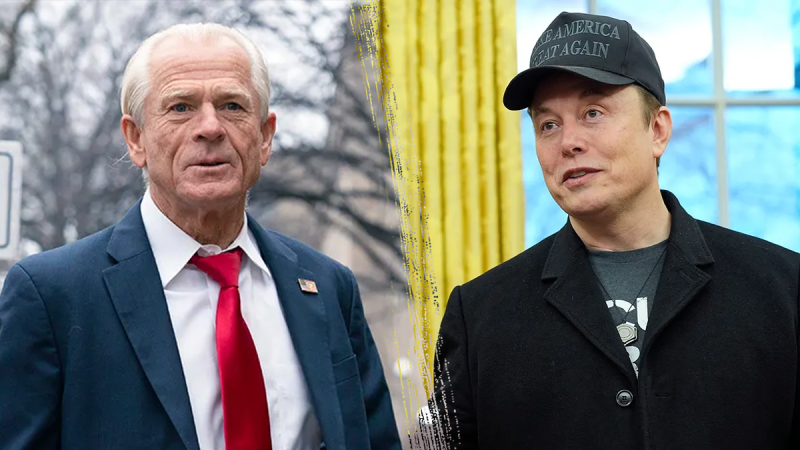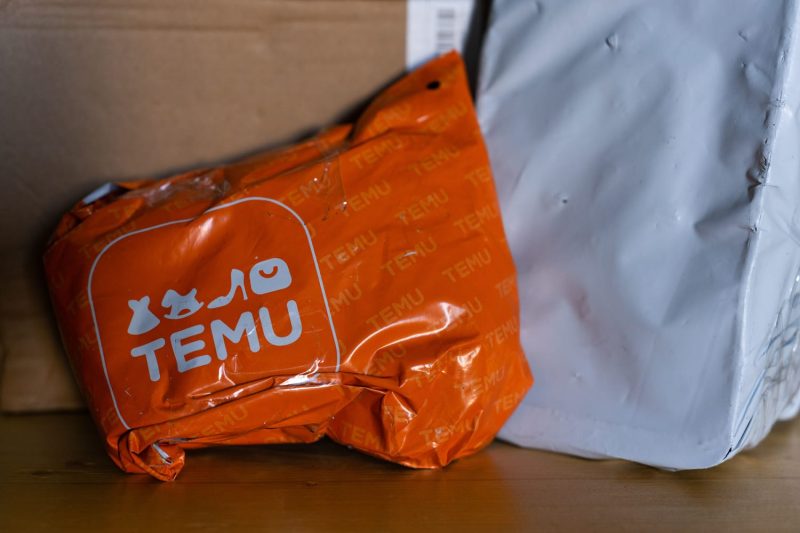OpenAI just recorded its first $1 billion revenue month, a milestone that underscores the scale and momentum behind generative artificial intelligence (AI).
Yet despite the explosive growth, and a reported $500 billion valuation in secondary markets – the company’s biggest challenge isn’t demand, it’s “infrastructure”.
In an exclusive CNBC interview, CFO Sarah Friar said the company is “constantly undercompute,” referring to the shortage of GPU and compute capacity needed to power its models.
As enterprise adoption surges and consumer usage deepens, OpenAI’s ability to scale depends on solving this bottleneck. “We are just getting started,” Friar told CNBC, likening the buildout to railroads or electricity – not a passing tech fad.
Why undercompute is OpenAI’s biggest constraint
According to CFO Sarah Friar, OpenAI’s biggest issue is compute scarcity. “AI is voracious right now for GPUs and for compute,” she said, adding that the company is “constantly undercompute.”
That means demand for model usage – across ChatGPT, enterprise APIs, and developer tools – is outpacing the infrastructure needed to support it. This isn’t just a technical hiccup; it’s a strategic choke point.
To address it, OpenAI has backed Stargate and partnered with Microsoft, Oracle, and CoreWeave for larger data center builds. However, Friar emphasized that the industry is in its “earning innings” only.
The implication is clear: OpenAI’s growth isn’t constrained by market appetite – it’s constrained by the physical limits of compute supply.
Has AI market really turned into a bubble?
Earlier in August, Sam Altman – the chief executive of OpenAI – made a comment that suggested the artificial intelligence market may now be turning into a bubble.
While Friar acknowledged the risk in the CNBC interview, saying “there will be investments made that are not the best of investments,” she pushed back on the broader narrative.
She went on to tag AI “the biggest era we’ve seen to date”, comparing it to the internet and mobile revolutions.
While speculative excess is inevitable, Friar argued that the underlying infrastructure buildout – spanning energy, real estate, and engineering – is more akin to railroads than a sugar rush. In her view, the AI boom is real, and OpenAI is leading the charge.
Is OpenAI gaining share in the ‘Search’ market?
Search is quietly becoming one of OpenAI’s most disruptive frontiers. In fact, the AI firm has gone from 6% share to 12% in conversation search within six months.
Friar also noted that traditional metrics undercount usage: “When you are doing a conversational search … you probably go back and forth five, six times. That doesn’t count as five, six searches, which is what Google would count as – counts as one.”
According to her, enterprise connectors into Slack, email, and calendars are also driving adoption. With memory now layered on top, ChatGPT is evolving into a personalized search engine.
The takeaway? OpenAI isn’t just competing with Google – it’s redefining what “Search” means.
The post OpenAI CFO reveals the biggest issue the company is facing appeared first on Invezz





